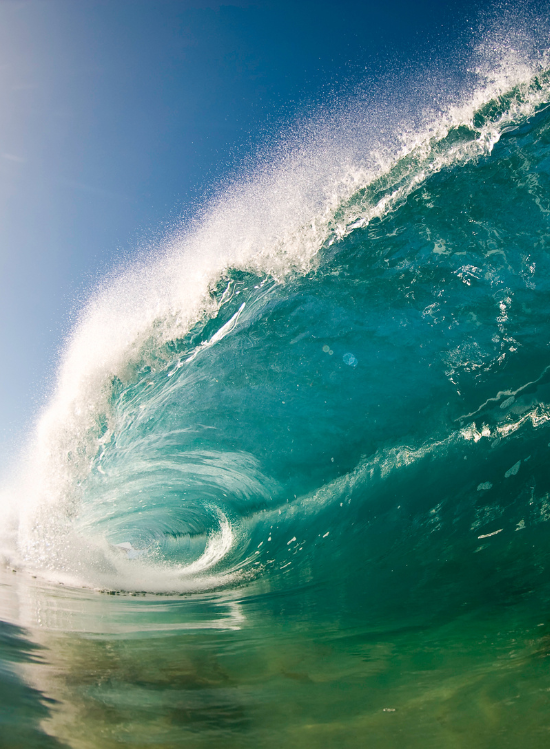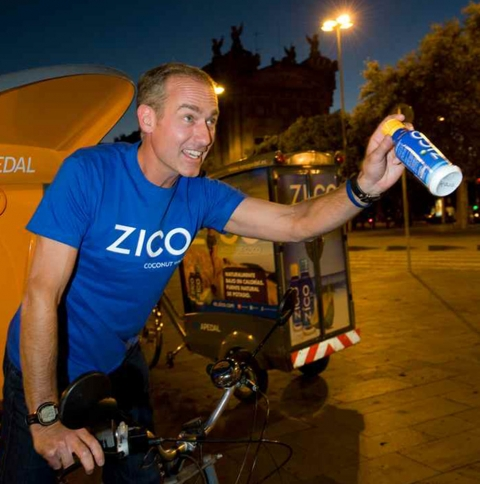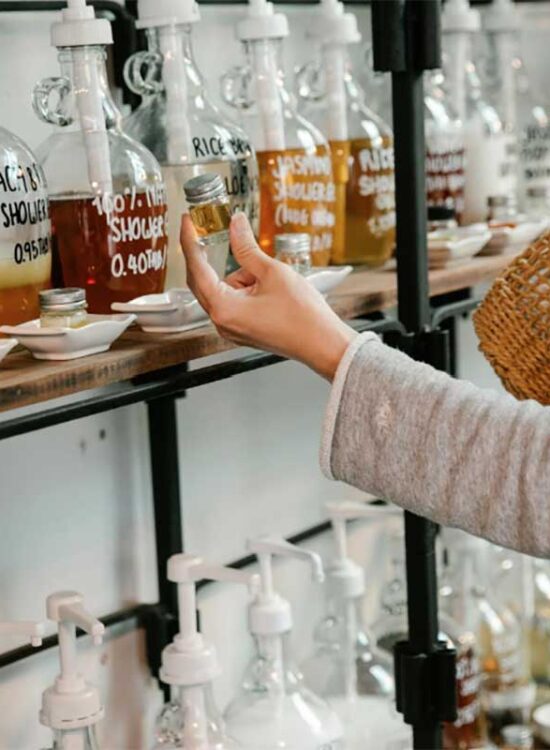DDT: The Unsung Hero of a Beautiful Blue Zone?
Mark Rampolla — October 15, 2022
Sardinia is a beautiful place. The second-largest island in the Mediterranean, it is an Italian territory that lies just south of the French island of Corsica, with a rough, unexplored quality that you don’t often find in Europe anymore. The untouched sandy beaches are alone enough to justify a trip.
Many people know of Sardinia thanks to Dan Buettner’s book “The Blue Zones,” which explored parts of the world where people live incredibly long, healthy lives. One of those places happened to be Sardinia, which has one of the highest concentrations of centenarians in the world. The idea behind the book was to uncover the reasons that the locals in these so-called “Blue Zones” live so long, so that the rest of us could do the same.
Part of what Buettner discovered in Sardinia, and among the reasons I wanted to visit, is that island life itself is conducive to good health. The amount of walking that’s part of daily life, along with a strong focus on spending time with family and having a sense of purpose, absolutely contribute to longevity. But I was most interested in the role that food and diet play in the equation, because of course both are integral to long-term health.
First of all, the typical diet in Sardinia is not plant-based. Not even close. Meat, cheese, seafood and other animal products are all on the menu. The difference is in how those products are sourced and processed (or not) how much most people eat. Compared to the typical American, Sardinians eat very little and what they do eat is organic and regenerative (even if not certified so), minimally processed and as close to whole ingredients as possible. Like a lot of societies around the world, and with certain ethical issues associated with animal agriculture aside, the Sardinians have learned how to integrate these foods in a healthy way.
It’s like what Michael Pollan wrote in “In Defense of Food”: “Eat food. Not too much. Mostly plants.”
But what surprised me most about Sardinia came not from its food but from its history.
During the 1940s, the island was the focus of an intensive effort by the Rockefeller Foundation to eradicate malaria, which had been endemic in the area since before Roman times. Over the course of several years, more than 267 metric tons of DDT were applied across the island, achieving the goal of eradication by the end of the decade.
What I find fascinating is that, thanks to all that DDT, many of the people on Sardinia who might have died from malaria in their 20s or 30s were able to live much longer lives. There are a lot of downsides to chemical applications like this, but there is a clear correlation in the number of centenarians on Sardinia and what happened there nearly 80 years ago. It is an example of the appropriate application of technology and the importance of looking at the full picture when thinking about health and wellness.
To be clear, I’m not advocating for the use of DDT in food. But I believe it is important to recognize the fact that this chemical may very well have saved half a billion lives worldwide since its first use. Even Rachel Carson, in her groundbreaking book “Silent Spring,” acknowledged the appropriate use of certain chemicals to improve lives and make the world a healthier place.
As investors in companies building a more sustainable, accessible food system, the appropriate application of technology is something that we at PowerPlant always keep in mind. I’m not advocating for chemicals like Roundup that have well known issues when it comes to food, but rather the fact that leveraging the right technologies, at the right time, can be appropriate and a net positive. Sometimes it just takes 70–80 years to see that impact.
That said, it was one of Buettner’s other discoveries in the Blue Zones that I remember most fondly. The tradition of “wine at five” is common across many of the regions he studied, and is one that I happily enjoyed, but I was not at all prepared for how good the wine on Sardinia was going to be. It is a region with a unique, fantastic and varied wine culture, the vast majority of which never leaves the island. They need their magical libations for 100 years of celebrations.



